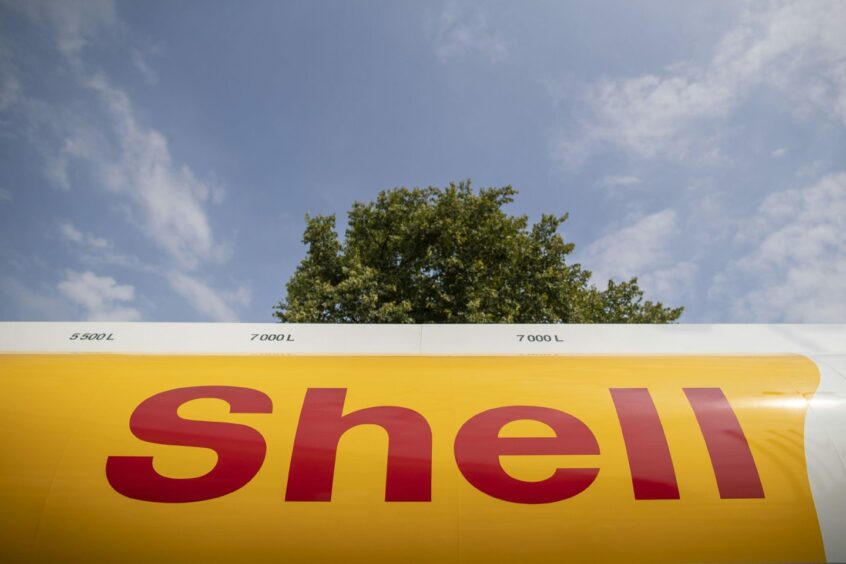
Indonesia may form a consortium to buy Shell’s (LON:SHEL) 35% equity in the proposed Abadi liquefied natural gas (LNG) project in the Masela Block offshore Indonesia that is led by Japan’s Inpex (TYO:1605), the country’s investment minister said Thursday.
Bahlil Lahadalia told parliament that a consortium of state-backed energy company Pertamina, the Indonesia Investment Authority (INA) sovereign wealth fund and other companies could takeover Shell’s stake in the project, reported Reuters.
“The president has ordered me and the state-owned enterprises minister to prioritise the Masela gas project,” he told lawmakers.
Pertamina chief executive Nicke Widyawati told a separate parliament meeting on Thursday that the company had expressed its interest to participate in the Masela project to Inpex.
“The point is we are interested because this is a giant discovery which could increase gas reserves and production,” Nicke told lawmakers, reported Reuters.
She said Pertamina could soon start due diligence but cautioned that any decision regarding investment would depend on the commercial feasibility of the project.
As Energy Voice reported previously, Shell’s 35% stake in the Masela Block offshore Indonesia is valued at $800 million to $1 billion. But, despite the block’s proximity to Asian demand markets, it has proved tough to find buyers for one of the world’s largest undeveloped gas resources.
Japan has reportedly offered to give Indonesia a loan to buy Shell’s 35% equity in the proposed project. The move is aimed at kickstarting the long delayed development.
The Masela development has long struggled to gain traction. Moreover, Shell’s divestment process has so far been unsuccessful, adding further uncertainty for the stalled project, which holds 360 billion cubic metres (cm) of gas in the Abadi field.
Development of the block is important for Indonesia as it seeks to significantly boost upstream gas production this decade. For Japan, the project is seen as increasingly more strategic following Russia’s invasion of Ukraine. Japan, as part of the G7, has taken a stand against Russia, which leaves Japanese interests in the Sakahalin-2 LNG export project at risk in Far East Russia.
Development of Abadi’s proposed 9.5 million tonne per year (mtpy) onshore liquefaction scheme will be technically challenging and was previously expected to cost around $18 billion to $20 billion before the idea of carbon capture and storage (CCS) was considered. The project includes a large FPSO unit capable of handling 51 million cm per day of gas and up to 36,000 barrels per day of condensate, as well as a deep-water trunk pipeline from the Abadi field to proposed liquefaction facilities on Yamdena in the remote Tanimbar Islands. Adding more complexity and cost to the project is the need to incorporate carbon capture and storage (CCS) or carbon capture utilisation and storage (CCUS).
